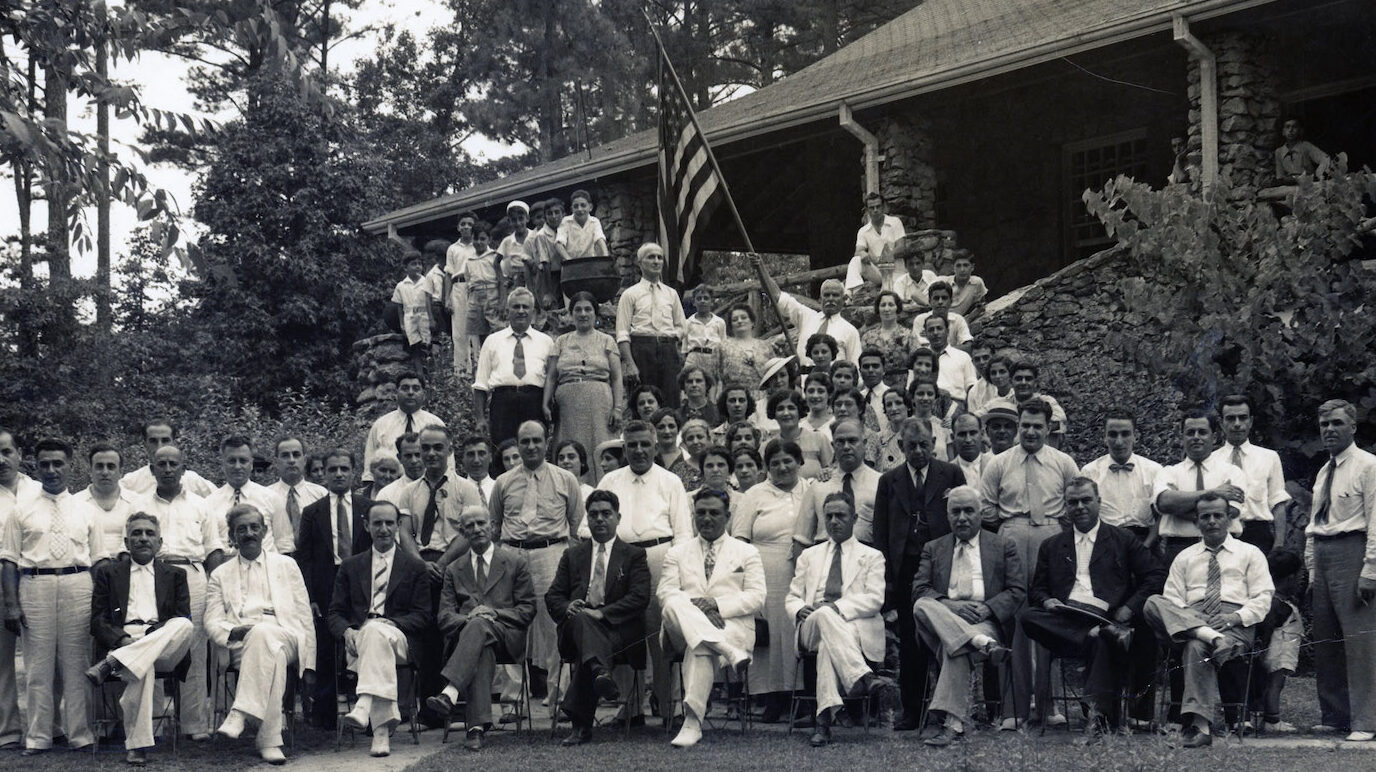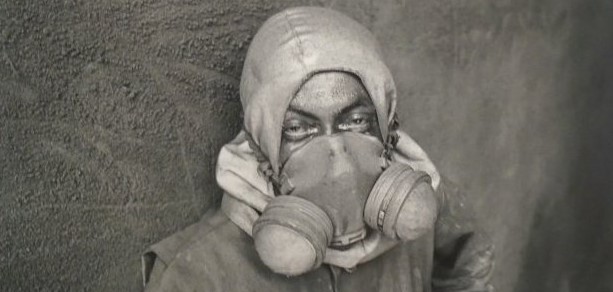Book Review: Karim Dimeschkie’s, Lifted by the Great Nothing
This review is written by Joseph Geha, professor emeritus at Iowa State University and author of two books; Through and Through: Toledo Stories and Lebanese Blonde. His other books reviews include Rawi Hage’s, Cockroach and Rabih Alameddine’s, An Unnecessary Woman.

Lifted by the Great Nothing, Karim Dimeschkie’s debut novel (Bloomsbury USA 2015, 305 pages) opens in 1996 in New Jersey, with two Lebanese transplants trying to adjust to life in America. Widower Rasheed Boulos, having survived the Lebanese Civil War, lectures his twelve year old son Max on rejecting their native roots. “Culture is stupid,” he says. “People think it unites people, but the truth is, it separates even more. We have a good life. We don’t need culture or religion or things like this. We don’t need to swear to some kind of group or talk about past things so much.” Then he adds, “And if I’m with Lebanese, it’s like I have to think and talk like them, like a crazy person.”
Rasheed is no sage; he’s simply a greenhorn who’s muddling through, sometimes with comic effect, as he tries to protect his son from the past and its secrets. An ex girlfriend, Kelly, accuses him to Max: “Oh, and he’s not just a self-hating Arab. To your father, the only things lower than conniving terrorist Arabs are black people.”
Max, the son, takes it all in. He’s a twelve-year-old when we first meet him, ill at ease in his own world, woefully misinformed about life and his own past, but nevertheless eager to please. In other words, an innocent. And as such, the ideal protagonist for a coming-of-age story. Beginning with Rasheed bringing Kelly home to act as a surrogate mother figure for his son, the novel follows Max’s initiation from sexual awakening to a quest for his true identity. It is Kelly who precipitates that search, writing Max a letter that causes all the secrets and lies of his life to start tumbling like dominoes: his mother is not dead, the letter informs him, but alive in Beirut; his father is not his father; and Max himself, finally, isn’t even Max. So, doubting everything he thought he knew about his world and determined to discover the truth of his own story, Max buys a plane ticket for Beirut.

The writing in Lifted by the Great Nothing is often exuberant with a kind of comic, sometimes even wacky energy. At its best it can present startling lyricism, too, as in Max’s first glimpse on his return to Lebanon’s capital city: “Beirut on crutches—half-built gray and brown buildings, construction cranes, cinder-block homes studding the mountains like mushroom stalks, water tanks, holes—all set before a belt of smogged blue sky.”
Lifted by the Great Nothing is not immune to occasional pitfalls. For instance one character lectures Max (and the reader) on the Middle East’s political situation by speaking at length in language burdened by great chunky paragraphs of polysyllabic “dialog.” And Dimeschkie sometimes makes use of anti-dramatic authorial commentary, telegraphing what he wants the reader to notice. But these are more or less minor notes. For the great part Dimeschkie’s writing sparkles and crackles, sometimes even literally: “The lawn was moist and bristly at once. It sounded like he was walking on a field of fish skeletons.”
At the book’s end, Max considers a neighbor’s rare plant that briefly flowers once every fourteen years: “He can’t help but marvel at the love and time and admiration that went into one short life. He feels it. He feels it skipping across his skin. It chills, pierces, aches, lifts—and then begins to let him go.”
The novel concludes on this powerful and somehow familiar, insight. Familiar because the coming-of-age story has a unique advantage over other approaches: we readers, being grownups, have ourselves been there before. We don’t come to initiation stories to discover something new or unheard of, so much as to recognize what each of us had, to greater or lesser degree, already experienced: what Dimeschkie calls “The Great Nothing” that lifts all of us and commands us to go into the world and bloom.
- Categories:


